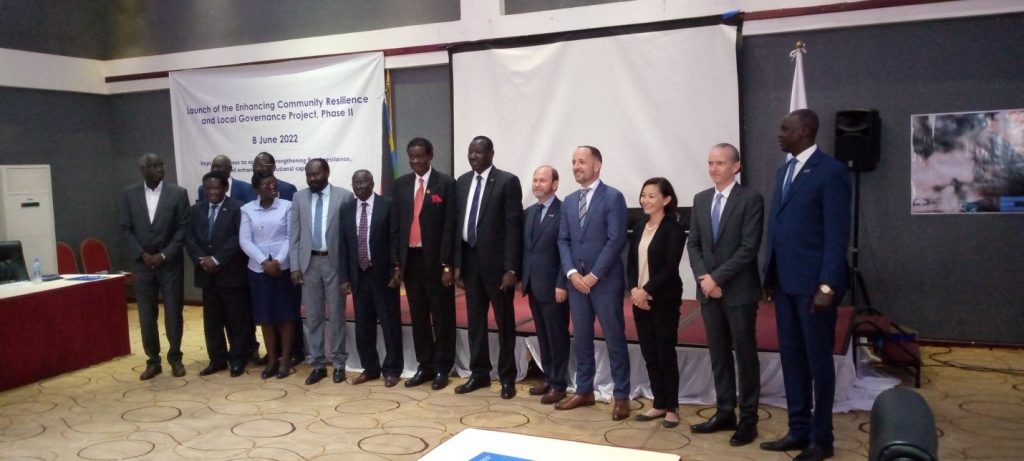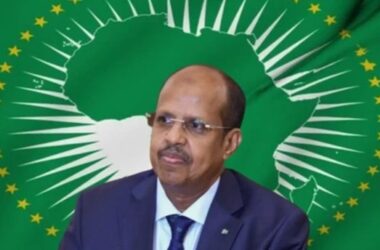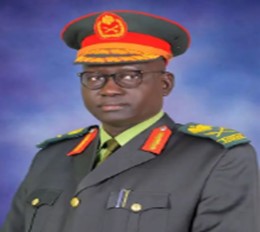
By Taban Henry
The government of South Sudan through the Ministry of Finance and Planning including other development partners has on Wednesday launched 120 million US dollars’ project to enhance community Resilience and local governance project in its phase two.
The second phase of the community resilience project is a five year project funded by the World Bank and implemented by the National Ministry of Finance and Planning in partnership with the Local Government Board with support of the International Organization for Migration.
Speaking during the launch of the second phase resilience project, Firas Raad the World Bank Country Manager said that project will improve access to basic infrastructure and strengthen community institutions as well as enhancing flood resilience.
He said the project is expected to benefit 920,000 people in 12 of the country’s 79 counties with a geographical focus on Greater Upper Nile region including Refugee-hosting and flood-prone areas.
“The US$120 million grant financing for South Sudan by the International Development Association (IDA) includes US$20 million from IDA Window for Host Communities, Refugees and US$30 million from the IDA Crisis Response Window,” he disclosed.
Raad hinted that the years of conflict and floods had a devastating effect on the South Sudan economy and people saying millions of South Sudanese have been displaced and already scarce social and physical infrastructure have been damaged.
He cited that the protracted conflict and recurring flooding, with the resulting forced displacement, have further eroded the social fabric, weakening both formal and informal institutions.
The World Bank Country Manager mentioned that only 7 percent of the population in South Sudan has access to electricity, 40% have access to safe water and just 10% have access to improved sanitation adding that 7 out of 10 South Sudanese lack access to healthcare and a similar share of school-age children are not attending school despite the immense need.
He underlined that local government and community institutions have been unable to deliver services such as water, health and education due to capacity and resource constrain.
To help address some challenges the world Bank has provided significant support since 2014 to aid in strengthening local institutions and the establishment of sustainable community driven service delivery system to help foster social cohesion among different community groups.
Building on its predecessor projects, ECRP-II will scale up these efforts with the focus on conflict-affected and vulnerable areas, while also providing much needed investments to reduce flood risk in some of the country’s most flood-prone counties.
Raad obliqued that to ensure that the development gains are sustained, ECRP-II also emphasize strengthening capacities of the government at different levels to provide services and better manage climate related disasters.
Meanwhile Peter Van Der Auweraet, the IOM Chief of Party in South Sudan said they work in humanitarian assistance and development work and other Un agencies are operating in humanitarian assistance and the humanitarian donors have been ask to do more things such as infrastructure, education, health capacity building among other things to be done by the development partners.
He said Some of the intervention done by the humanitarian donor community has been short term which should had a long term perspectives that they should have had not simply because the donor do not have fund but because the nature of the funding is short term.
“When you have 6 month terms you cannot plan long term. So I am pleased that the World Bank are already engaged with UNOB and IOM so we need long term projects in order for us to engage in other development projects,” he stressed.
Meanwhile, the Minister of Finance and Planning Agak Achuil Lual applauded the World Bank for supporting various projects in South Sudan particularly enhancing community resilience project phase two.
He added that previously the World Bank financed the local governance and service delivery project commonly known as the LOGOSEED which was successfully implemented. “We assure the World Bank that the people of South Sudan and the ministry of Finance and Planning are committed to successfully implement the project. I am well aware that the primary responsibility of the government is to provide basic service delivery and infrastructure to its population. The South Sudan government is committed in doing its best to create conducive environment despite the many challenges,” he said.


